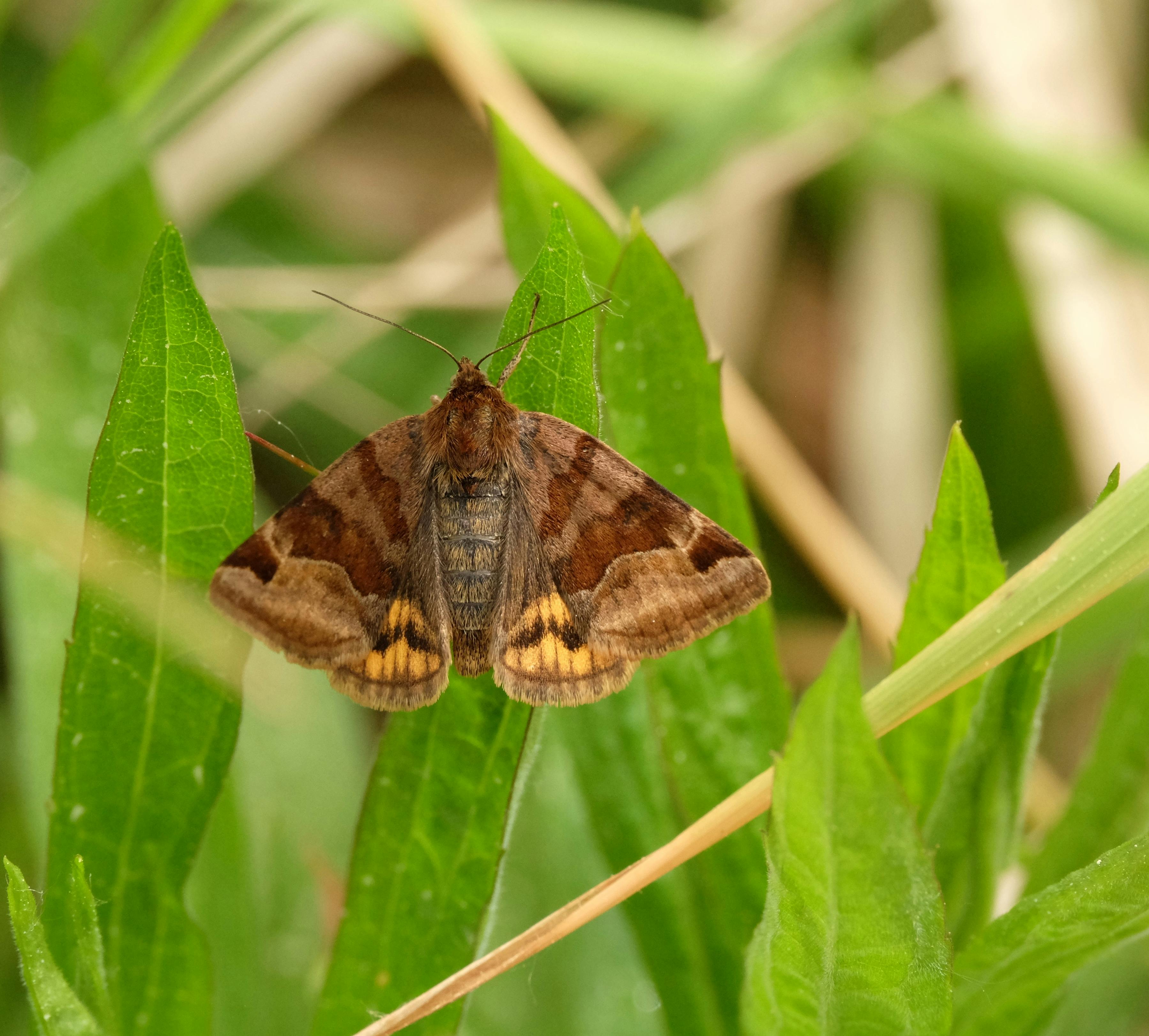
Best 5 Rabbit Repellent Plants to Consider in 2025
Rabbits can wreak havoc in gardens, munching away at tender plants and flowers. For gardeners looking to maintain a beautiful landscape while minimizing rabbit damage, considering rabbit repellent plants is essential. These plants can naturally deter rabbits, offering a sustainable solution for preventing infestations without the use of harsh chemicals. This article will explore the best five rabbit repellent plants to consider in 2025, provide insights into their properties, and offer practical tips on how to effectively utilize them in your garden.
Understanding Rabbit Behavior and Preferences
Before delving into rabbit repellent plants, it’s important to understand rabbit behavior and what attracts them to your garden. Rabbits are herbivores that prefer tender, young shoots and vegetables. Their foraging habits can lead to significant damage if not managed properly. By using natural rabbit repellents, gardeners can create a deterrent effect that also enhances biodiversity.
With that in mind, the following five plants have been identified as effective in keeping rabbits at bay:
1. Lavender: The Fragrant Deterrent
Known for its delightful fragrance, lavender is not just a beautiful addition to gardens; it also serves as a powerful rabbit repellent. The strong scent of lavender is unappealing to rabbits, making them think twice about nibbling on nearby plants.
Moreover, lavender attracts beneficial insects such as bees and butterflies, enhancing the ecosystem of your garden. To plant lavender effectively, consider placing it in sunny areas with well-drained soil. Create a border of lavender around vegetable beds or flower gardens to shield them from rabbit invasions.
Growing Conditions and Maintenance
Lavender thrives in full sun and can tolerate drought conditions once established. Regularly deadhead the flowers to promote blooms and prevent the plant from becoming woody. It’s important to ensure good airflow around lavender plants to avoid fungal diseases.
2. Marigolds: A Bright Natural Barrier
Marigolds are widely recognized for their vibrant colors and ability to repel not only rabbits but also a variety of garden pests. Their strong scent confuses rabbits and deters them from entering the garden. Marigolds have a reputation as rabbit-resistant vegetation due to their bitter taste.
When planting marigolds, incorporate them into garden beds alongside vegetables or herbs to create a natural barrier against rabbits. Their bright blooms will add aesthetic value while functioning as effective rabbit deterrents.
Tips for Planting Marigolds Effectively
Plant marigolds in well-drained soil with full sun exposure. They are annuals that can be easily grown from seeds or transplants. To maximize their repellent capabilities, surround vulnerable plants like lettuce or carrots with marigolds.
3. Rosemary: The Aromatic Defense
Rosemary is another aromatic herb that rabbits tend to avoid. The strong scent and needle-like leaves of rosemary make it an excellent option for rabbit-proofing sections of your garden. Besides being a culinary favorite, its robust nature allows for versatility in various garden settings.
Three main varieties of rosemary, namely ‘English,’ ‘Tuscan Blue,’ and ‘Prostratus,' can provide different heights and habitats for beneficial wildlife while serving as a natural rabbit deterrent. Incorporating rosemary into your garden designs will not only protect plants but also elevate your culinary dishes.
How to Integrate Rosemary into Your Garden
Rosemary prefers full sun and thrives in well-drained soils. Its drought-resilient properties make it an ideal choice for low-maintenance garden designs. Trim rosemary regularly to keep it healthy and bushy, encouraging more aromatic oils that repel rabbits.
4. Sage: The Versatile Repellent
Sage possesses qualities that make it effective against rabbits. The distinctive aroma and dense foliage of sage create an unwelcoming environment for these critters. Furthermore, sage can be used for cooking, adding to its appeal for gardeners. Varieties such as common sage, pineapple sage, and purple sage all deter rabbits while providing culinary benefits.
When planted near vegetable gardens, sage helps to confuse rabbits with its scent, encouraging them to steer clear of your prized plants.
Planting and Caring for Sage
Sage grows best in full sun with well-drained soil. It’s important to prevent overwatering, as sage prefers drier conditions. Regular pruning will help maintain a bushy shape, producing higher levels of essential oils that are effective in repelling rabbits.
5. Peppermint: The Strong-Scented Repellent
Peppermint is not just a delicious herb; its strong scent is particularly offensive to rabbits. By planting peppermint throughout your garden, you create a natural barrier that many wildlife pests would prefer to avoid. Additionally, peppermint attracts beneficial pollinators, making it a great multifunctional plant.
To maximize the benefits of peppermint, consider planting it in pots to prevent it from overtaking other plants. The aroma will disorient rabbits, deterring them from treating your plants as their buffet.
Practical Tips for Managing Peppermint
Peppermint flourishes in moist, well-drained soils with partial to full sun exposure. As a fast-growing plant, it's best to monitor its growth and manage its spread. Regularly snipping back leaves will help control its size and maintain its aromatic properties, keeping rabbits at bay.
Conclusion: Creating a Rabbit-Proof Garden
Incorporating these five rabbit repellent plants into your garden can significantly decrease the chances of rabbit damage while enhancing the aesthetic and ecological value of your landscape. Lavender, marigolds, rosemary, sage, and peppermint not only deter these creatures with their scents but also enrich your garden's biodiversity.
By understanding rabbit behavior and preferences, and using these healthcare gardening strategies, you can create a garden space that remains beautiful, productive, and rabbit-resistant. For more gardening solutions and insights into maintaining a successful garden in 2025, continue exploring effective strategies rooted in sustainability.

